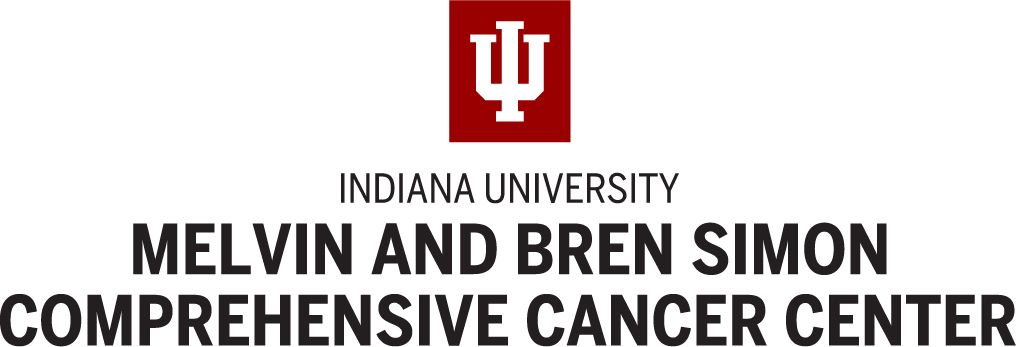
Dr. Helft Discusses Pancreatic and Carcinoid NETs

Paul R. Helft, MD, professor of medicine, Indiana University School of Medicine, Indiana University Health Melvin and Bren Simon Cancer Center, discusses pancreatic and carcinoid neuroendocrine tumors.
Paul R. Helft, MD, professor of medicine, Indiana University School of Medicine, Indiana University Health Melvin and Bren Simon Cancer Center, discusses pancreatic and carcinoid neuroendocrine tumors (NETs).
Both carcinoid and pancreatic NETs present various challenges, Helft says. About 20% to 40% of carcinoid tumors of the small intestine make hormones, the most common of which is serotonin, which causes carcinoid syndrome. That can bother patients with a number of gastrointestinal symptoms.
Pancreatic NETs are relatively rare and unique, but are often lumped in with carcinoid tumors of the stomach. These NETs make hormones in excess, which can lead to very significant syndromes. For example, pancreatic NETs that produce insulin in excess are very difficult to manage, says Helft, because they cause hypoglycemia.






































